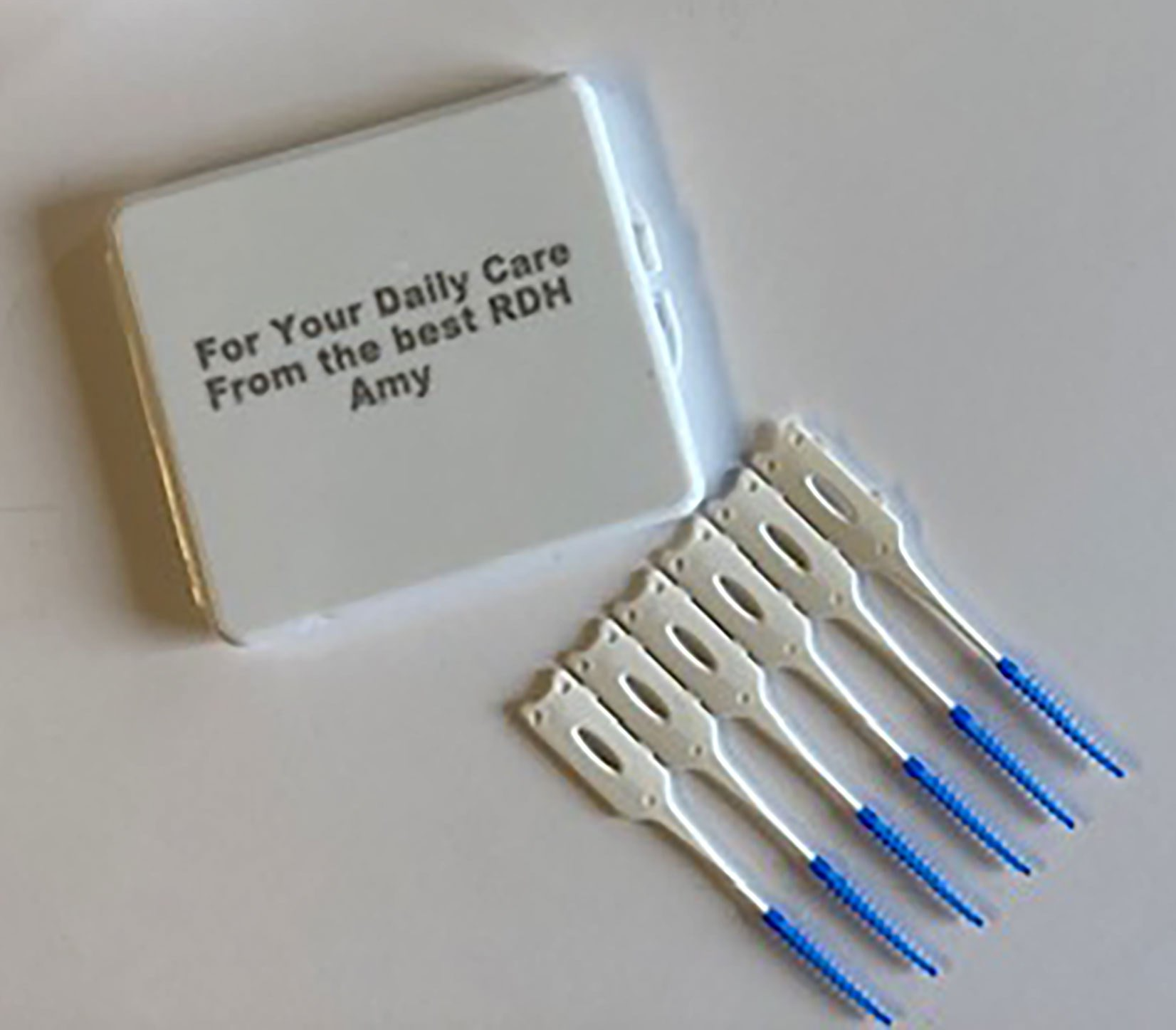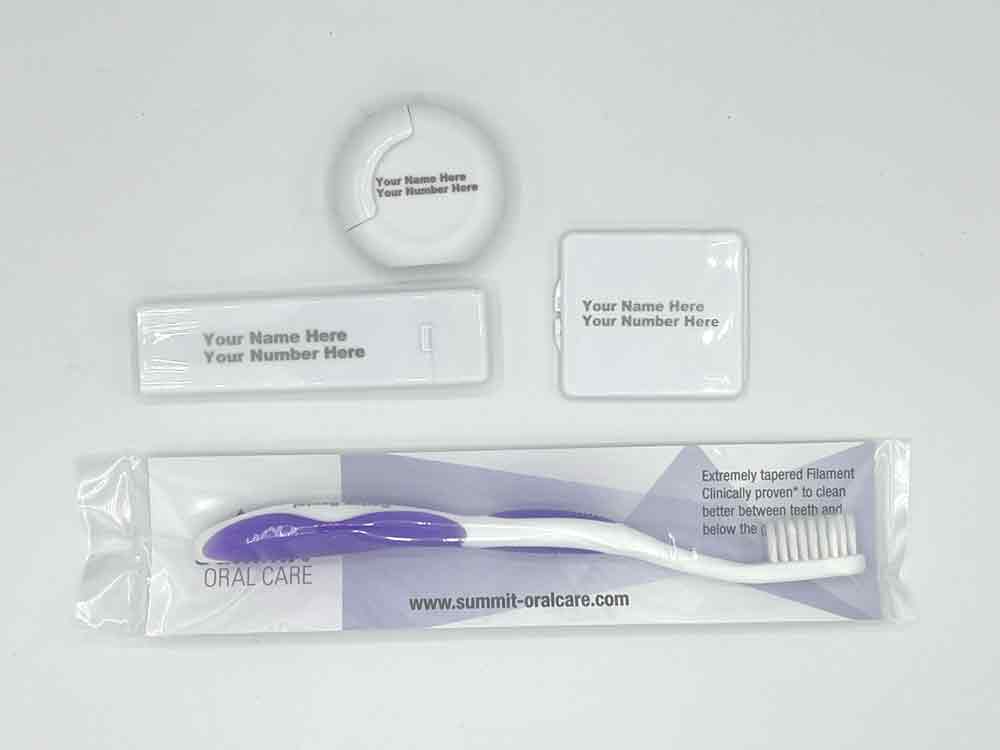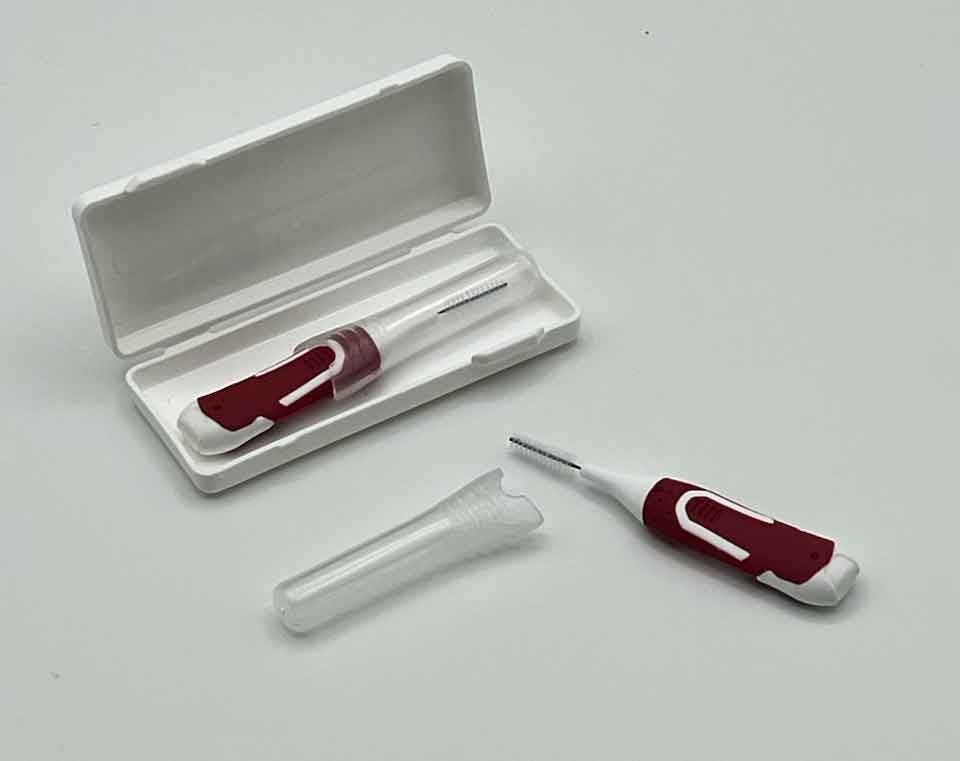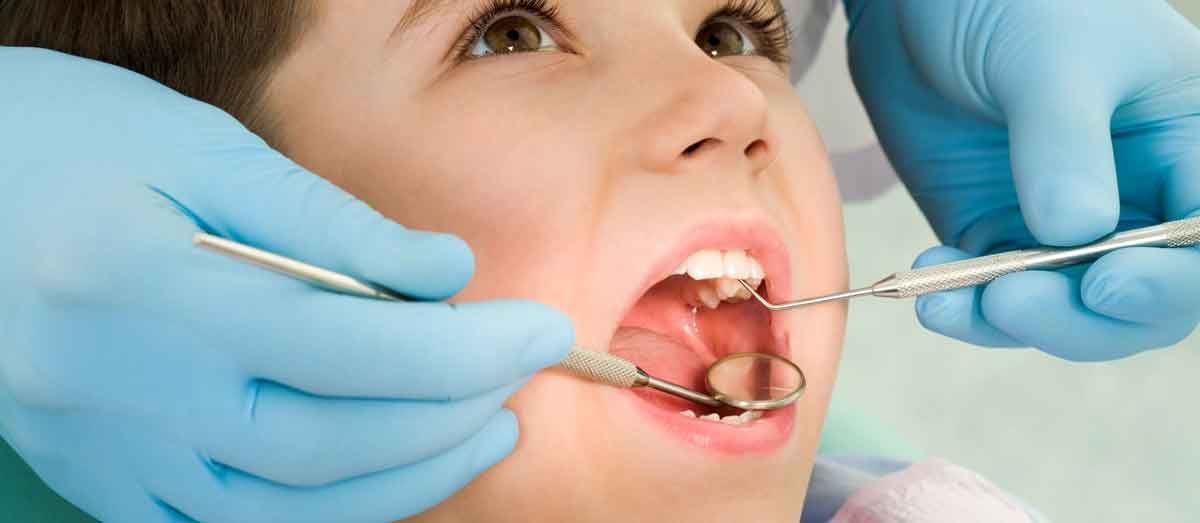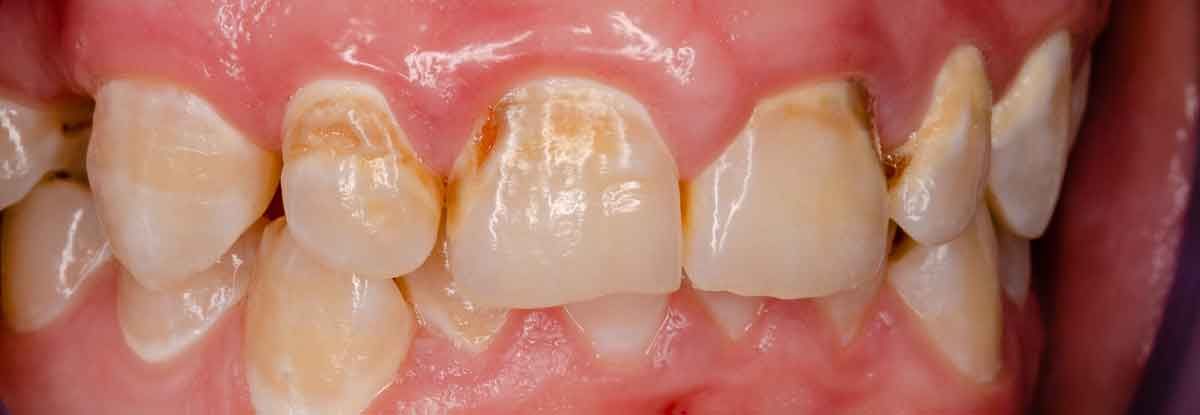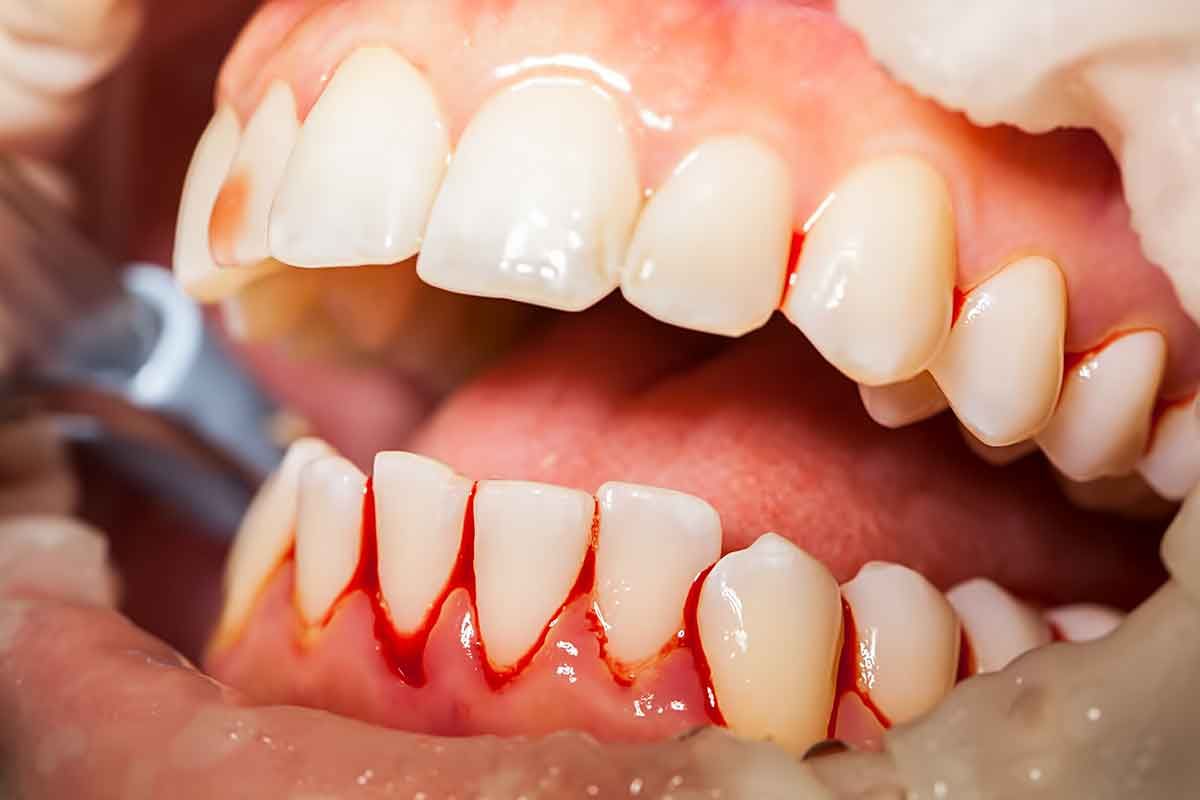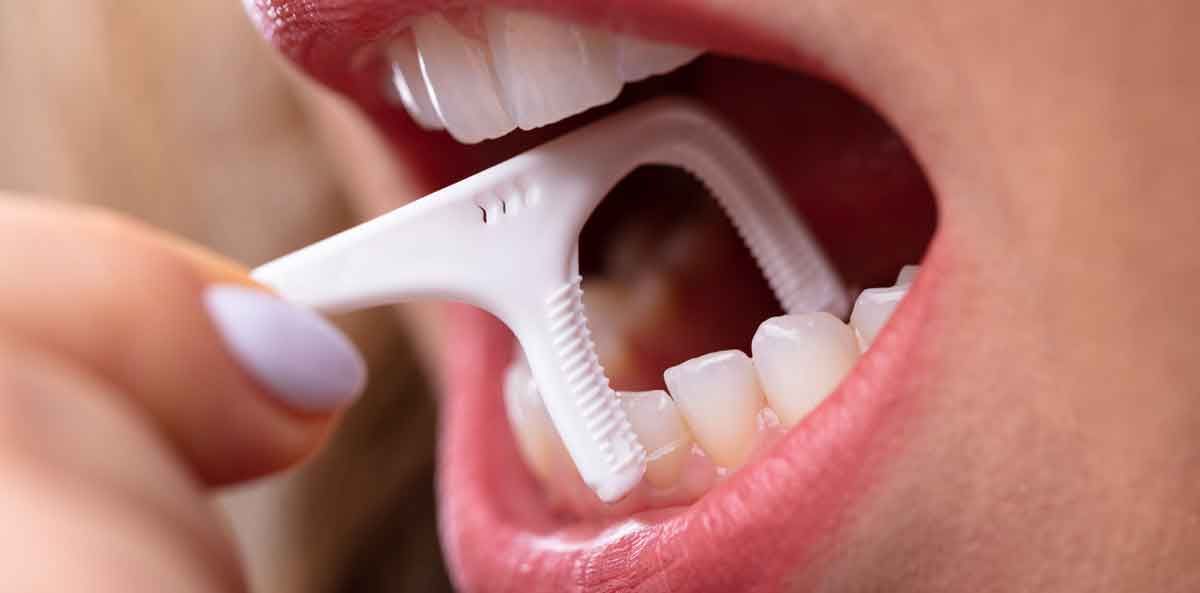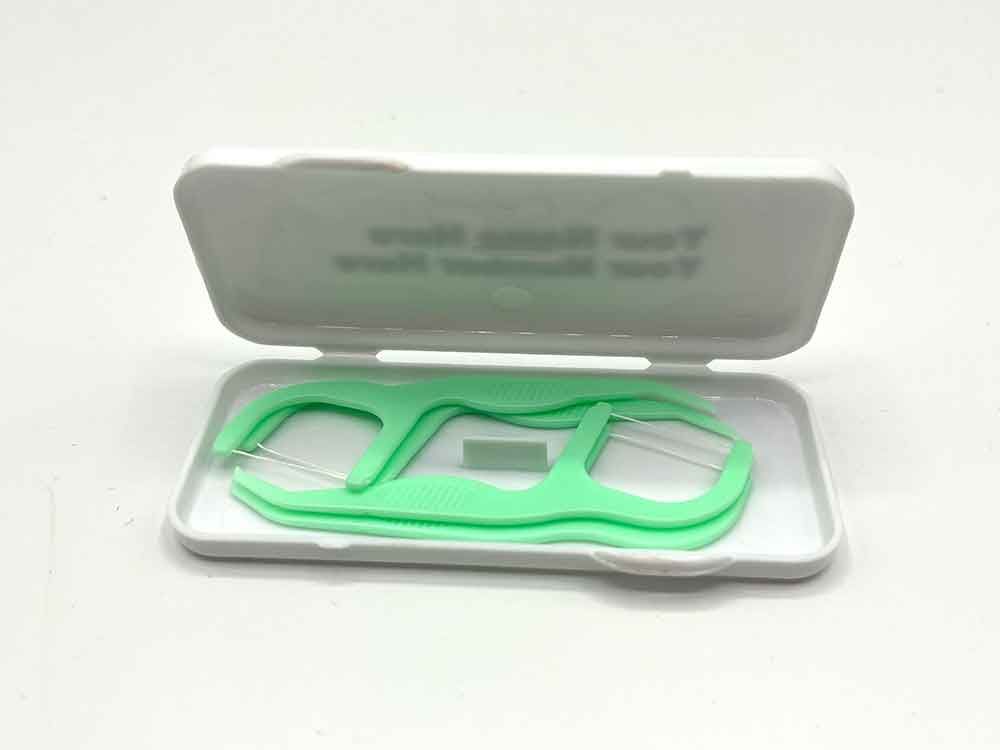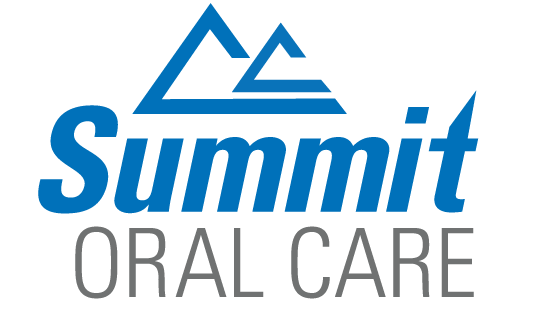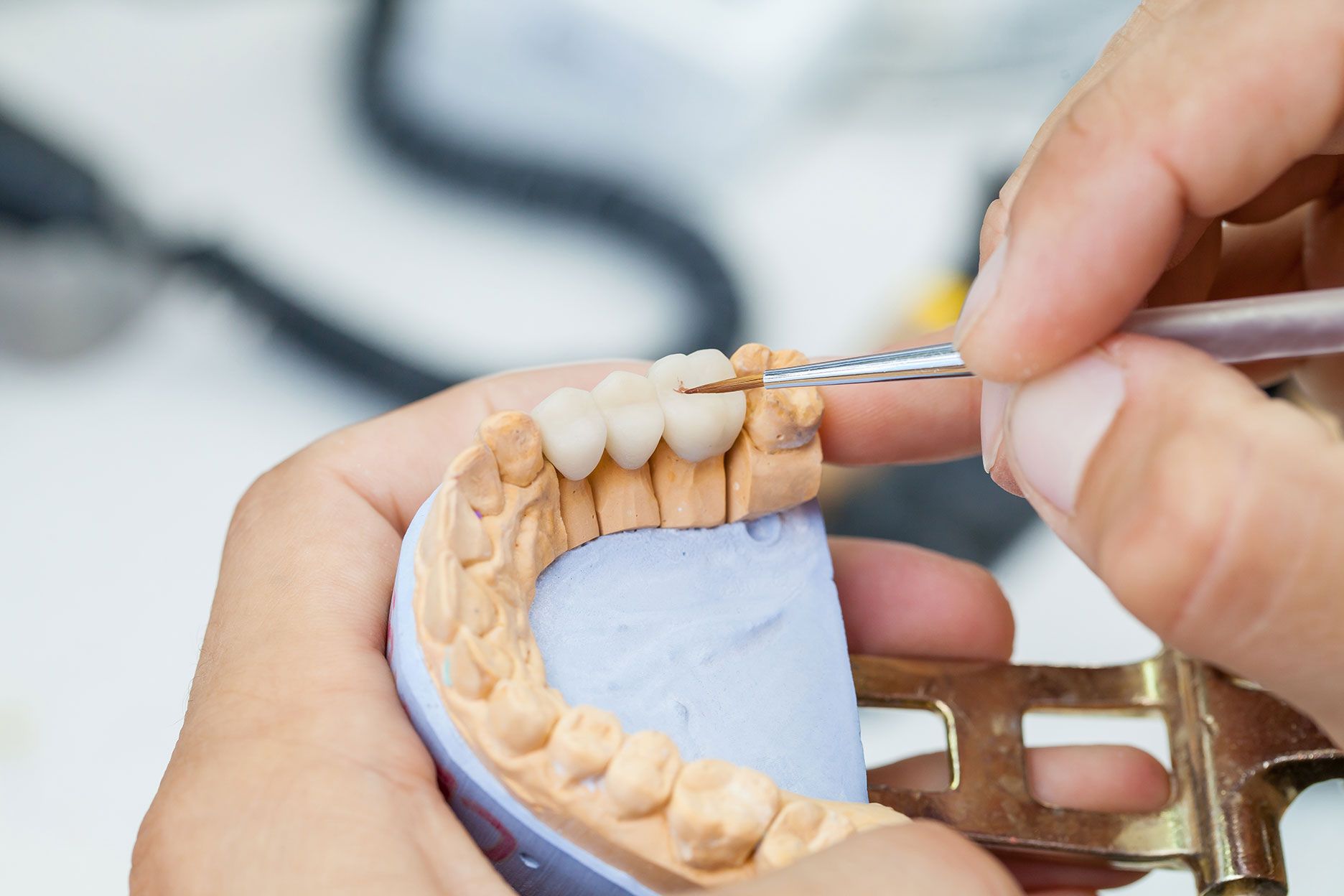Brush Dental Essentials: Unlock the Secrets to a Healthy Smile
When it comes to dental health, following good oral hygiene practices is the key to maintaining a healthy mouth and a dazzling smile. But what exactly are these practices, and why are they so essential? In this article, we delve into the science behind a healthy mouth and brighter teeth, uncovering the crucial habits that can make all the difference. Did you know that brushing your teeth twice a day is not just a suggestion, but a scientific recommendation? Regular brushing helps remove plaque and prevent tooth decay and gum disease. And don’t forget about flossing! This often overlooked step helps remove food particles and bacteria from between your teeth, reducing the risk of cavities and gum inflammation. But proper brush and dental habits don’t stop there. Your diet plays a crucial role too.
Consuming a balanced diet rich in fruits, vegetables, and dairy products can provide the necessary nutrients for strong teeth and gums. On the other hand, limiting sugary snacks and drinks can help prevent tooth decay. Ready to learn more about the science behind healthy teeth and how to achieve a brighter smile? Read on to discover the top tooth brush dental professionals recommended and understand why they are vital for your oral health.
Importance of Brushing for Dental Health
Brushing your teeth removes food particles, plaque, and bacteria that can lead to tooth decay, gum disease, and bad breath. When plaque hardens, it turns into tartar, a substance that can only be removed by a dental professional. Regular brushing prevents this buildup and promotes overall oral health.
The Science Behind Brushing
Brushing disrupts and removes plaque, preventing it from causing damage to your teeth and gums. It also helps distribute fluoride (found in most toothpastes) across the tooth surfaces, strengthening tooth enamel and providing a protective barrier against decay.
Proper Brushing Techniques
Ensure you brush for two minutes, spending an equal amount of time on each quadrant of your mouth. Use gentle, circular motions and remember to brush your tongue and the roof of your mouth to remove bacteria.
Choosing the Right Toothbrush and Toothpaste
Select a soft-bristled toothbrush that fits comfortably in your mouth and a toothpaste containing fluoride. Replace your toothbrush every three to four months or sooner if the bristles become frayed.
Common Brushing Mistakes to Avoid
Avoid brushing too hard as it can damage your gums and tooth enamel. Ensure you brush for a full two minutes and avoid skipping the inner surfaces of your teeth.
Benefits of Regular Brushing
Regular brushing prevents tooth decay, gum disease, and bad breath, and contributes to overall health, as poor oral health is linked to various health conditions, including heart disease.
Tips for Maintaining Good Oral Hygiene
Besides brushing, ensure you floss daily, use an antimicrobial mouthwash, and visit your dentist regularly for check-ups and cleanings.
Additional Dental Habits for a Healthy Mouth
Consider using a water flosser, eating a healthy diet, staying hydrated, and avoiding tobacco products for optimal oral health.
Conclusion and Final Thoughts
In conclusion, maintaining good dental habits is not just about having a beautiful smile. It’s about preserving your oral and overall health. Regular brushing, flossing, and adhering to additional dental habits can make a significant difference in your life.
